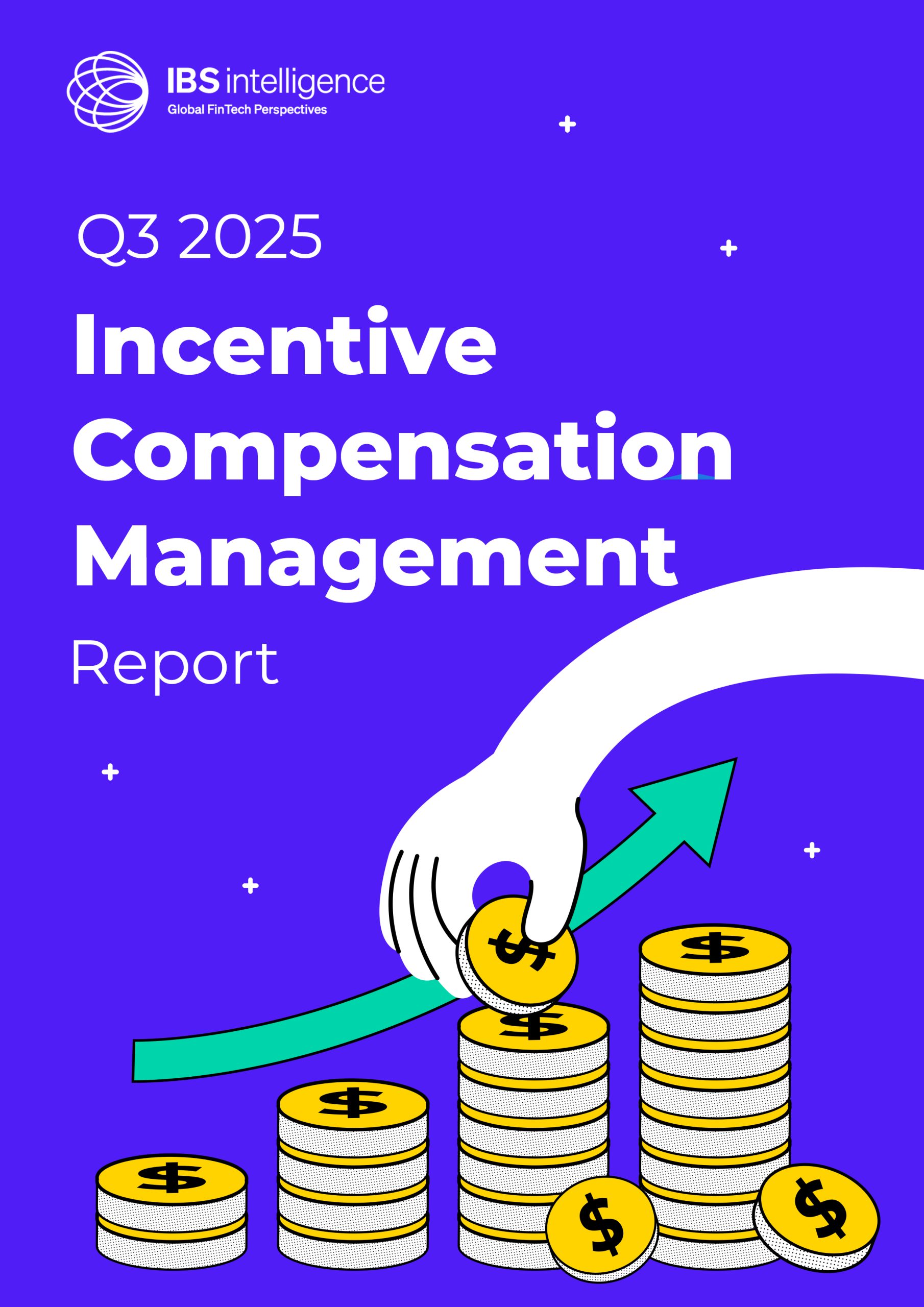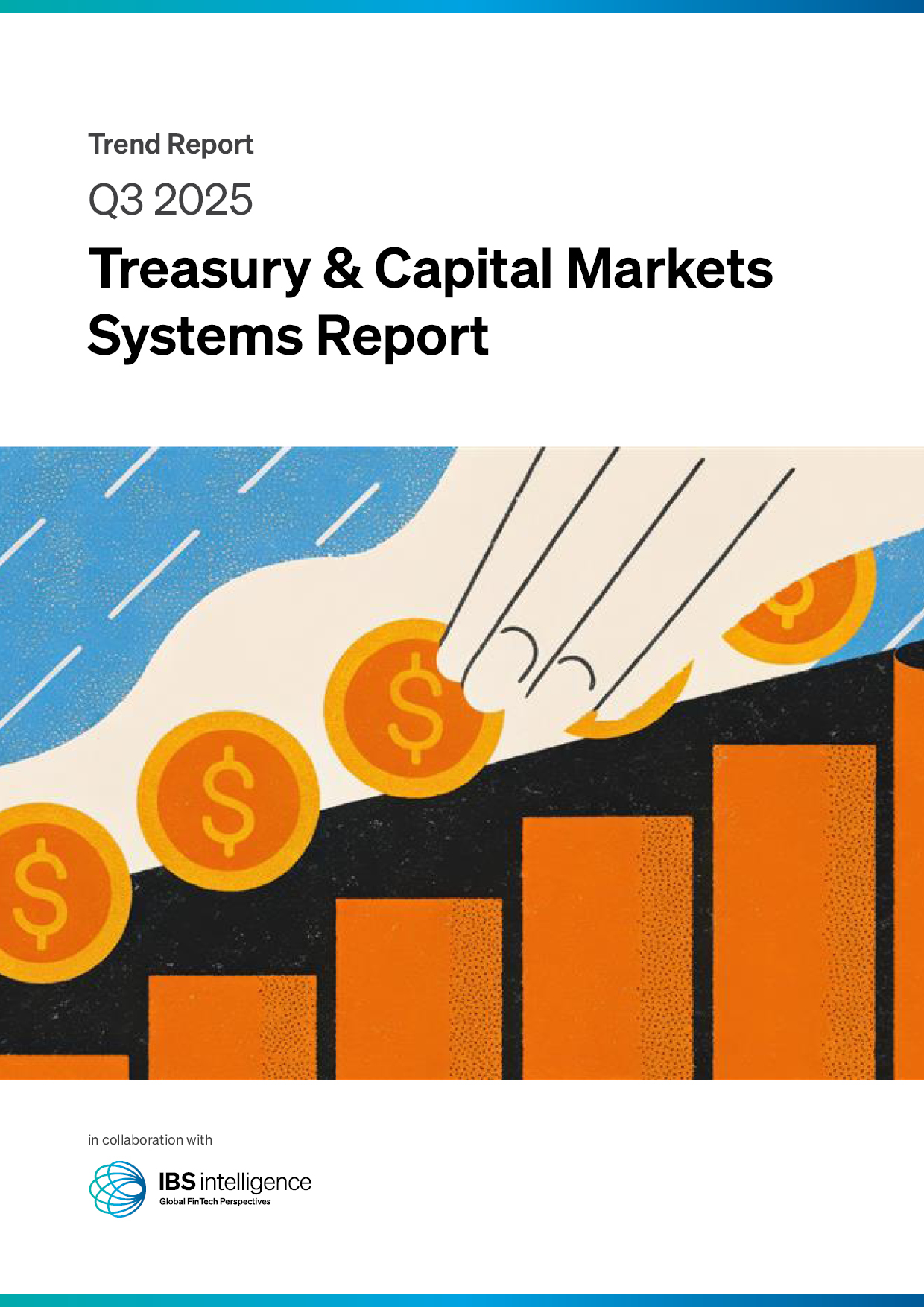 Back
Back
Quantum computing could future-proof financial services
By Gaia Lamperti
Quantum computing presents a dynamic paradigm for solving complex optimisation issues thanks to its ability to process information in a different manner than classical computers. The global market for Quantum Computing was estimated at $112 million in 2020 and is projected to reach $411.4 million by 2026, growing at a CAGR of 24.2% and it is primarily steered by increasing government and private funding for research programs and information processing.
While increasing applications in sectors like defence, healthcare and chemicals are favouring the market, the potential for banking and financial services is huge. availability of fault-tolerance systems and efforts to leverage quantum computing for realistic programs are expected to fuel the market growth.
Increasing incidents of cybercrime coupled with growing adoption of emerging technologies such as machine learning, artificial intelligence, smart manufacturing, cloud computing and molecular structure research are anticipated to set a perfect environment for the growth of the quantum computing market linked to financial services.
The biggest market opportunities
The Quantum Computing market in the US is estimated at $62 million in the year 2021. China, the world’s second-largest economy, is forecast to reach a projected market size of $54.6 million by the year 2026 trailing a CAGR of 27.2%.
Among the other noteworthy geographic markets are Japan and Canada, each forecast to grow at 18% and 22.6% respectively over the analysis period. Within Europe, Germany is forecast to grow at approximately 22.4% CAGR. The US is the dominant market, due to the increased focus of government agencies and the defence and aerospace sectors on quantum computing to leverage machine learning.
Quantum technologies remain key research focus within the space and defence sector owing to their disruptive role in a diverse spectrum of areas and applications. The incorporation of quantum computing technologies is anticipated to considerably benefit financial services too.
Per IBM, “Applying emerging quantum technology to financial problems—particularly those dealing with uncertainty and constrained optimization—should also prove hugely advantageous for first movers. Imagine being able to make calculations that reveal dynamic arbitrage possibilities that competitors are unable to see. Beyond that, greater compliance, employing behavioural data to enhance customer engagement, and faster reaction to market volatility are some of the specific benefits we expect quantum computing to deliver.”
Quantum computing’s specific use cases for financial services can be classified into three main categories: targeting and prediction, trading optimization, and risk profiling. Key benefits of quantum computing for the organisation would be:
- Enhancing investment gains
- Reducing capital requirements
- Opening new investment opportunities
- Improving the identification and management of risk and compliance
New solutions in this vertical are emerging and an increasing number of companies are offering quantum computing in the cloud, which can rapidly democratise access and boost adoption. While institutions continue exploring quantum computing technology, these methods have already started proving useful and efficient to address financial services’ today’s challenges And as researchers continue to overcome the challenges, financial institutions have started exploring the technology.
IBSi FinTech Journal

- Most trusted FinTech journal since 1991
- Digital monthly issue
- 60+ pages of research, analysis, interviews, opinions, and rankings
- Global coverage








